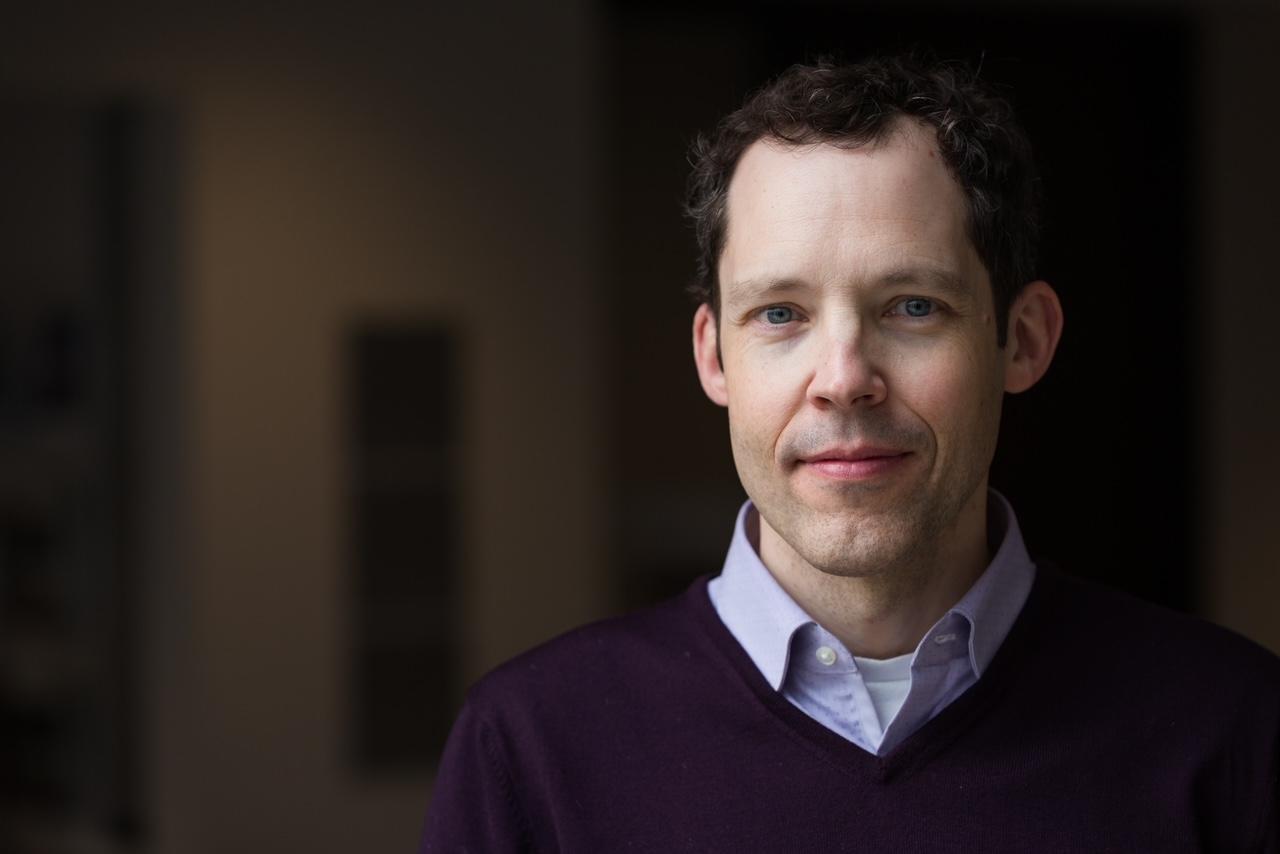What Kind of Order do we Want? Policing, Governance, and the Public Point of View
Malcolm Thorburn, University of Toronto
Notes & Changes
Please note that this event will be recorded, if you do not wish to be part of the recording, please feel free to turn your cameras off once the talk begins. The talk will be made available on the Criminology website and YouTube channel at a later date.
Registration closes at midday on Wednesday 24th April. The Teams link will be sent to you that afternoon.
What is the police’s defining mandate? Many of the traditional doctrines of the field are built on the assumption that it is a set of clearly defined duties just waiting to be carried out. For example, Peel’s famous seventh principle of policing (that “the police are the public and… the public are the police, the police being only members of the public who are paid to give full-time attention to duties which are incumbent on every citizen in the interests of community welfare and existence”) is built on the assumption that there is some clear idea of “the duties incumbent on every citizen.” And in German law, the “legality principle” (§ 163 StPO) provides one way of reducing the job to a set of well-defined duties: the police are required to investigate every crime they have noticed and, subsequently, to send all their investigations to the prosecution service. Similarly, in American public discourse today, it is often said that the task of policing just is “law enforcement,” full stop. However true this might be of German policing, however, it is certainly not how policing works in the common law world (including the United States). Sociologists of policing have known for at least the last fifty years that policing cannot be reduced to a set of well-defined duties. For although the police are empowered to enforce the law under certain conditions, it is rare that they are explicitly required to do so without qualification. Policing necessarily involves an enormous number of choices about when and how to use the various police powers, not only in the enforcement of the criminal law but for other reasons as well, such as the regulation of public space.
Policing scholars have largely downplayed the importance of this fundamental police governance power. At mid-century, many scholars waved the question aside with a (perhaps unhealthy) dose of faith in police professionalism and fear of partisan interference on this question. In England and much of the Commonwealth and even in the United States, the spirit of the times was summed up by Lord Denning’s 1968 judgment in Ex Parte Blackburn: “every constable in the land should be, and is, independent of the executive. […] The responsibility for law enforcement lies on him. He is answerable to the law and to the law alone.” More recently, some American policing scholars such as Dan Kahan and Tracey Meares have argued that the police can largely define their own mandate so long as they engage in deep consultation with local communities to ensure that police decisions reflect the community’s views. Since the murder of George Floyd in 2020, some theorists have thrown up their hands at the task of taming police discretion, insisting that the field is inherently and unavoidably authoritarian, granting a dominant group (the police) the power to determine and impose the basic terms of our shared lives onto the rest of the population without consultation, deliberation, or review.
In this presentation, I argue that the police mandate is nothing less than securing a shared conception of public order. It is this ideal of public order that should guide the police in their use of regulation of public space; and it is this conception of public order that should guide them in the exercise of their law enforcement powers, as well. But, I argue, this conception of public order has been left largely undefined by legislatures, leaving it up to individual police officers and police chiefs, on their own or in consultation with local community groups, to define it for themselves. Because the nature of public order is not in public view, citizen concerns about this issue are often diverted into areas where legislative action is possible, such as criminalization or sentencing policy. In a healthy liberal democracy, our shared conception of public order ought to be a matter of vigorous public debate, where different communities that embrace radically different conceptions of public order may construct a shared conception of public order though public debate ordered according to liberal requirements of public reason. I conclude with some thoughts on the feasibility of such a project.
Biography:

Malcolm Thorburn is a Professor of Law at the University of Toronto, Canada, where he holds the Research Chair in the Legal, and Cultural Implications of Innovation. He holds degrees in philosophy from the University of Toronto and the University of Pennsylvania and in law from the University of Toronto and Columbia Law School. He served as a law clerk to Justice Louis LeBel at Supreme Court of Canada. He has held visiting fellowships at the Australian National University (Canberra, Australia), Sciences Po (Paris, France), Ludwig Maximilians University (Munich, Germany), the Max Planck Institute for Criminal Law (Freiburg, Germany), and at the University of Oxford, where he was the Robert S. Campbell Visiting Fellow in 2011-2012.
He is the editor of several books and journal collections as well as many articles and book chapters on a wide range of topics in and around criminal law and criminal justice, including policing, punishment theory, privatization, migration law and policy, constitutional law, and international humanitarian law. His is an editor of the journals Law and Philosophy and Criminal Law and Philosophy.

